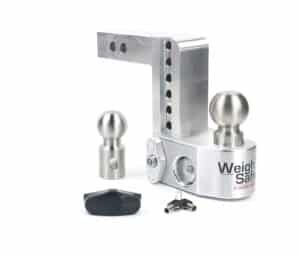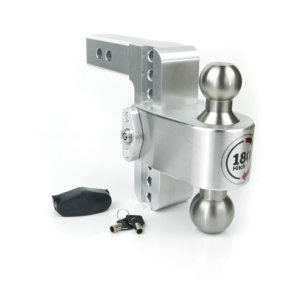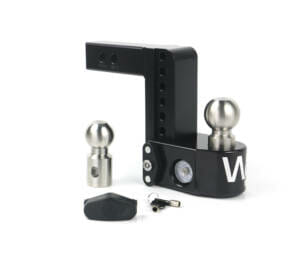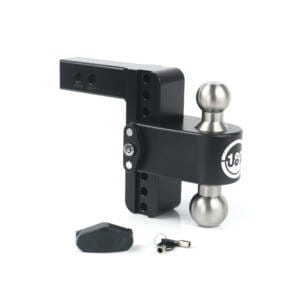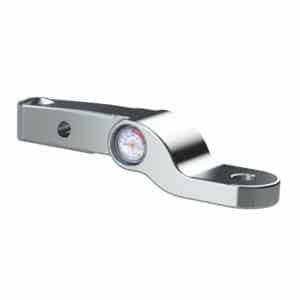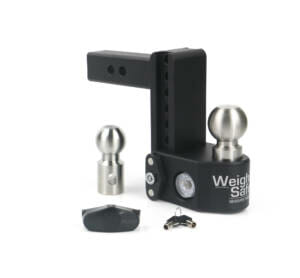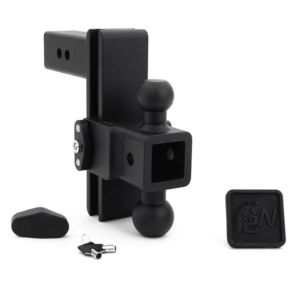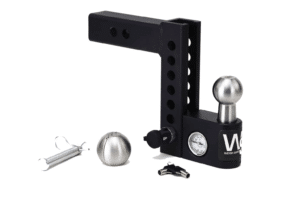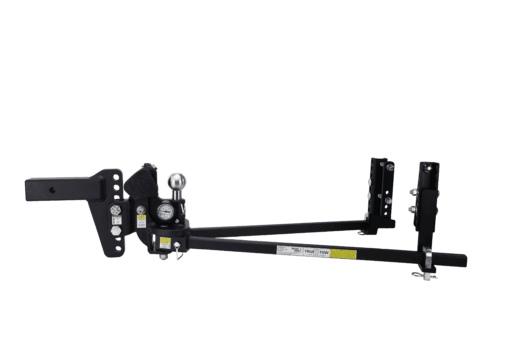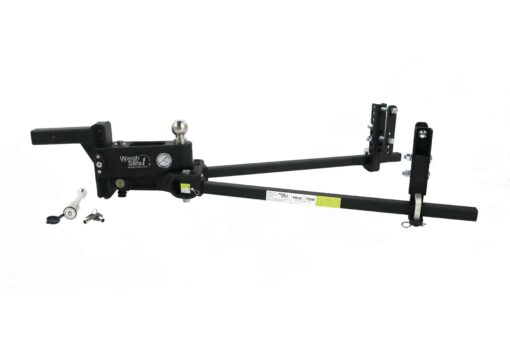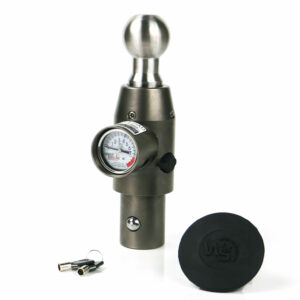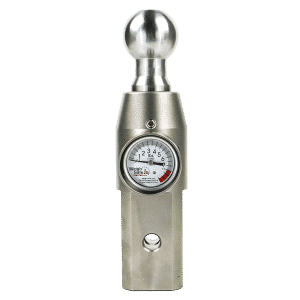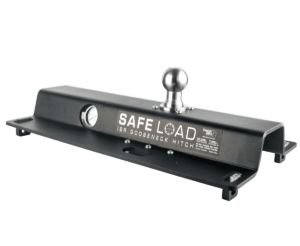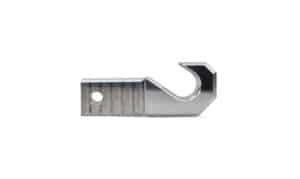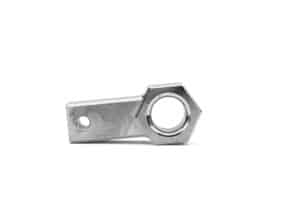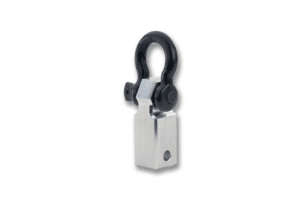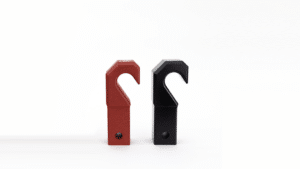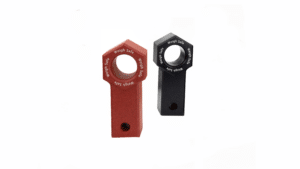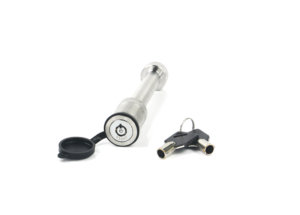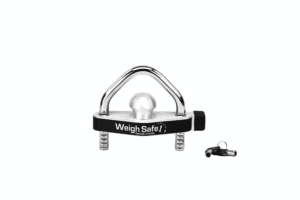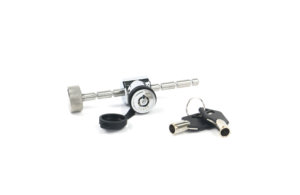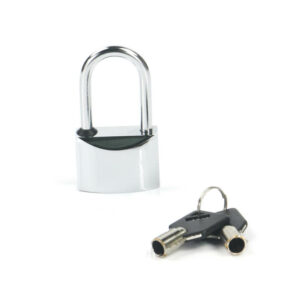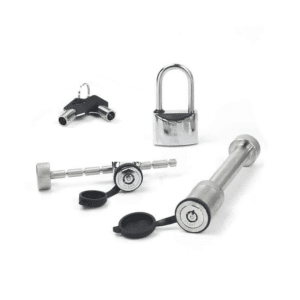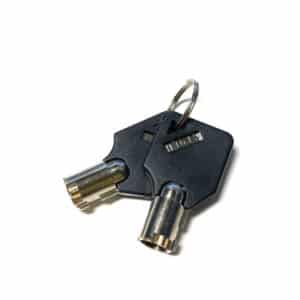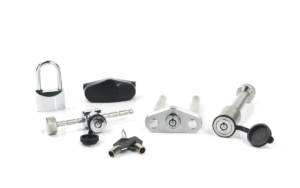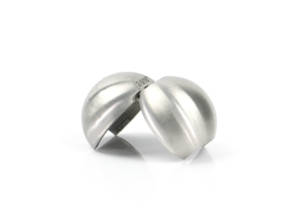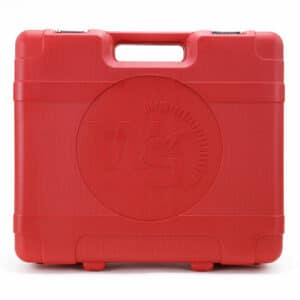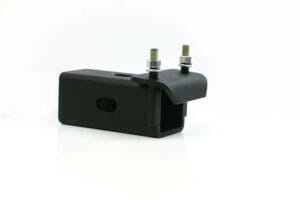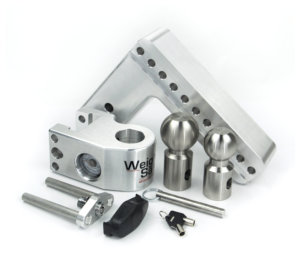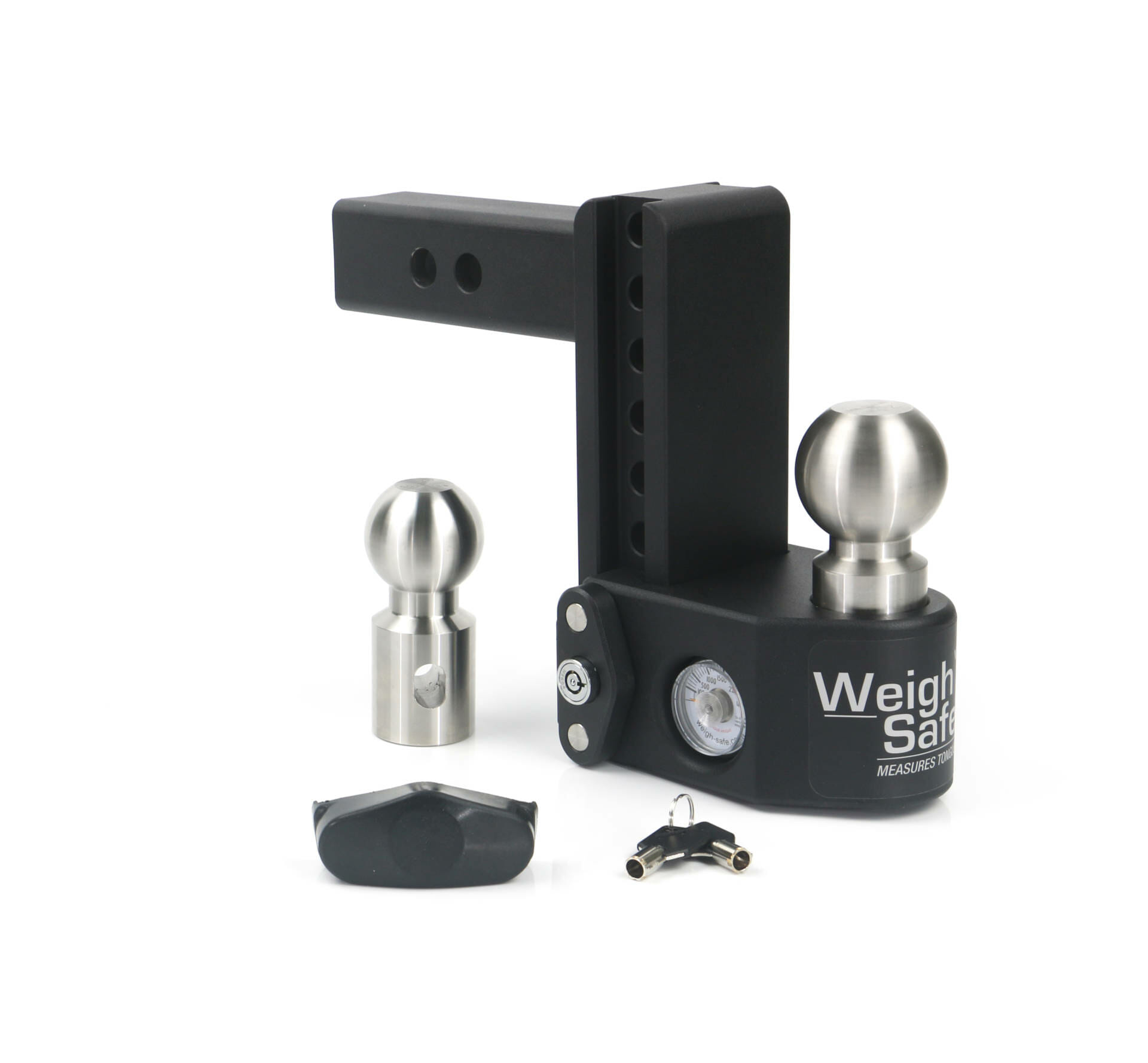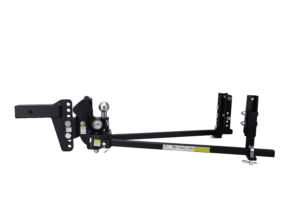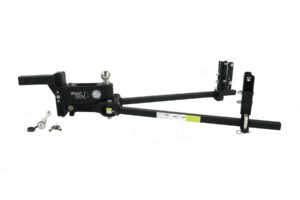Towing Education
Curb Weight vs. Gross Weight: What’s the Difference?
Once you begin using your vehicle or trailer to tow, you’ll hear a slew of towing terminology. “Curb weight vs. gross weight” will be among the first phrases to pop up. While these terms might seem to refer to numbers on a scale, they’ll greatly influence your journey on the open road.
Imagine setting out on a journey, confident in your rig, but uncertain about the nuances of curb vs. gross weight. This knowledge gap can affect vehicle performance, safety, and cause legal issues that could turn what should have been a smooth ride into a bumpy or even dangerous misadventure. This guide will help you understand these terms, paving the way for many happy trails ahead.
Unloading the Differences: Curb Weight vs. Gross Weight
How do curb and gross weight differ in the context of towing and trucking? Let’s explore.
Foundational Weight vs. Total Load
Curb weight is the foundational weight of your trailer or truck—it’s how much the vehicle weighs in its bare-bones state, stripped of any additional load, passengers, or cargo. On the other hand, gross weight takes it all into account—your vehicle and everything it’s carrying.
Roles in Towing
When it comes to towing, curb weight is your starting point. It’s essential for determining how much additional load your vehicle can handle safely while on the road. Meanwhile, gross weight is your checkpoint, ensuring the total weight is within the vehicle’s towing capacity, keeping your journey safe and legal.
Applications in Trucking
In trucking, curb weight vs. gross weight plays a pivotal role in logistics and compliance. The curb weight helps calculate payload capacity and is vital for planning cargo loads. In contrast, the gross weight is crucial for adhering to weight limits on roads and bridges, avoiding fines, and ensuring road safety.
Safety Considerations
Understanding and respecting the difference between curb and gross weight is vital in maintaining your safety while hauling a heavy load and protecting others on the road. Overloading a vehicle beyond its gross weight can result in several problems, including:
- Compromised handling
- Increased stopping distances
- Potential structural damage to the vehicle and its cargo
Overloading doesn’t just risk damaging your vehicle and cargo and ramps up the chances of accidents, endangering the driver and fellow road users. Given the serious risks, avoiding overloading your vehicle is crucial for keeping the roads safe for everyone.
Fuel Efficiency
Your vehicle’s fuel consumption directly relates to its load. Knowing the curb weight helps to estimate baseline fuel efficiency while being mindful of the gross weight can help to optimize fuel consumption for loaded journeys.
The balance between curb weight vs. gross weight is intricate but essential. Knowing their differences, roles, and applications is the key to a smoother, safer, and more efficient towing and trucking experience.
How Do You Measure Curb Weight and Gross Weight?
The nuances between the two weights can significantly affect your driving experience, but the measuring process is where it gets interesting.
Measuring the Curb Weight
Curb weight is your vehicle minus passengers or cargo. Typically, you can find this information in the vehicle’s manual or printed on the vehicle identification number (VIN) sticker.
The vehicle’s type, size, and any extra gear installed are major factors in this equation. For example, a compact car will have a significantly lower curb weight due to size and equipment differences than an SUV.
You can also calculate the curb weight by taking the Gross Vehicle Weight Rating (GVWR) and subtracting the vehicle payload or passenger/cargo capacity.
Measuring the Gross Weight
Gross weight counts everything—vehicle, passengers, cargo, and even the fuel. To get the measurement, you’ll need to load the vehicle accordingly and take it to a certified vehicle scale for accurate assessment. The equation incorporates various factors, including the number of passengers, cargo load, axle ratio, and tire size. It also includes the tongue weight, which is the static force the trailer tongue applies to the hitch ball, comprising about 10-15% of the gross trailer weight.
Another way to calculate the gross weight or gross vehicle weight (GVW) is to add the curb weight to the weight of your cargo and passengers. It’s the actual weight, not a specification, measured when the loaded vehicle is on a scale.
Also, remember that terrain and weather throw in their own challenges. Driving uphill on rocky terrain with a loaded vehicle? That’s increased strain and altered handling. Rain or snow? Slippery surfaces make those extra pounds even more noticeable.
Frequently Asked Questions About Curb Weight vs. Gross Weight
Let’s clarify some common queries about curb weight vs. gross weight.
Is Curb Weight Actual Weight?
Yes, curb weight is the actual weight of the vehicle with no passengers or cargo. However, it typically includes fluids like oil, coolant, and sometimes a full gas tank.
Does Curb Weight Equal GVWR?
No, curb and gross vehicle weight ratings (GVWR) differ. While curb weight is the vehicle’s standalone weight, GVWR is the maximum weight a vehicle is rated to hold safely, including its own weight, plus passengers and cargo.
Is Curb Weight the Same as Base Weight?
Curb weight and base weight are often used interchangeably, but they can differ. Base weight may not include the weight of essential fluids and fuel.
Does Curb Weight Include a Full Tank of Gas?
Usually, yes. Manufacturers typically measure curb weight with a full tank of gas and all necessary fluids, giving a more accurate depiction of a vehicle’s weight in practical use.
Weigh Your Towing Load Safely with Weigh Safe’s Hitches
Ensure a safe journey by weighing your towing load accurately with Weigh Safe hitches! Navigate the fine line between curb weight vs. gross weight confidently and enhance your towing safety without having to visit a weighing station.
Explore our award-winning range of products or get in touch, and one of our representatives will help you choose the right towing equipment for your rig.
